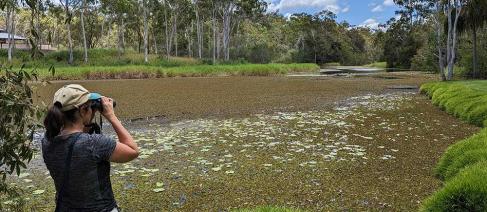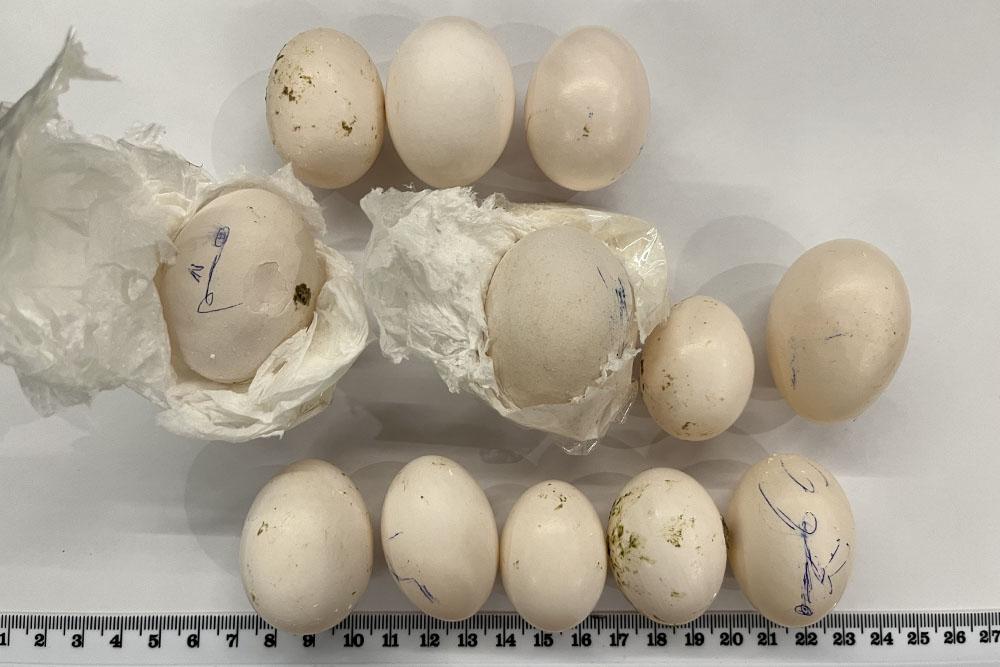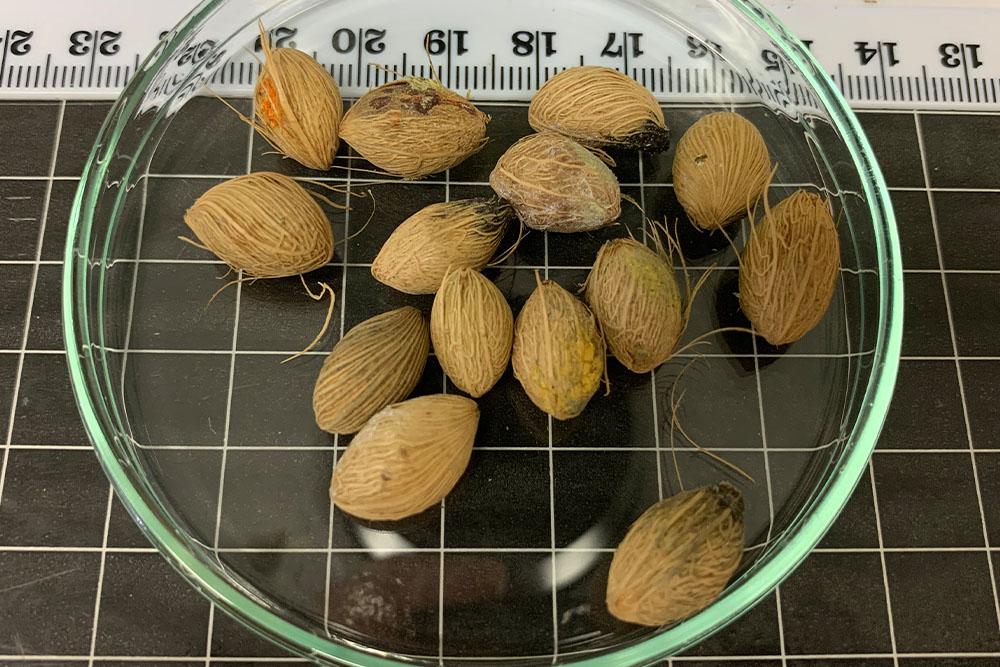Dr Michelle Wille
Dr Michelle Wille has made an exceptional contribution to reducing the risks posed to the environment and social amenity by ensuring key stakeholders in government and non-government agencies are aware and prepared for high pathogenicity avian influenza H5N1.
High pathogenicity avian influenza (HPAI) virus is a pathogen on Australia’s National Priority List of Exotic Environmental Pests, Weeds and Diseases. HPAI H5N1 has caused a global panzootic, with ongoing outbreaks of disease in wild birds, poultry and mammals since 2021. The emergence of the 2.3.4.4b strain overseas, high activity across a broad group of animals, and long distance spread means there is an increased risk to Australia.
Dr Wille provided significant expertise and scientific assessment to determine Australia’s vulnerability to HPAI. The risk assessment highlighted the significant impact this pathogen could have on Australia’s unique fauna. Through her scientific endeavours and multiple advisory roles, she promotes networks and collaborations and takes a One Health approach.
With critical new knowledge and tools to improve environmental biosecurity, Dr Wille initiated enhanced wildlife surveillance for HPAI in 2022 and repeated it again in 2023. This was done by sampling more than 1,000 shorebirds and sea birds around Australia, in collaboration with Dr Marcel Klaassen and with help from bird conservation organisations. Dr Wille’s enhanced surveillance program will continue through spring 2024 to exclude the arrival of HPAI H5N1 with migratory shorebirds.
Dr Wille engages with diverse audiences using a variety of platforms and has a unique ability to break down complex issues to ensure the key messages are understood. She has mentored many colleagues and students and provides an important representation for wildlife and disease ecology in human health through her role within the University of Melbourne.
As a leader in the field of avian influenza research and ecology, she is an honorary appointee on the World Health Organisation Collaborating Centre for Reference and Research on Influenza. Dr Wille is considered, consultative, collaborative and continues to go above and beyond to the benefit of Australia’s environment and unique wildlife.
Dr Michelle Wille was nominated by Victoria Grillo from Wildlife Health Australia.
Watch a video about their work
Introduction
This is the accessible text transcript of a 2024 Australian Biosecurity Awards winner video featuring Dr Michelle Wille.
Transcript
My name is Doctor Michelle Wille from the Centre for Pathogen Genomics at the University of Melbourne, and it is a great privilege to win an Australian Biosecurity Award. My core role is in academic research, and I've been working on avian influenza viruses in Australia for a number of years now. But since the start of the panzootic, in about 2021, I've been undertaking more science communication work, developing resources and curating the latest science, and sharing this regularly with stakeholders in government, non-governmental organisations and academic partners.
I do this to inform stakeholders and make information accessible and digestible, ultimately leading to better decisions in preparedness and biosecurity. The avian influenza panzootic has been truly catastrophic globally, so it is of utmost importance for us to be prepared and ensure biosecurity is at its peak. I'm really grateful to Tiggy Grillo for nominating me for this award.
It has been such a privilege to work with Tiggy over the years, specifically in the context of doing avian influenza surveillance here in Australia. The recognition that comes with this award is extremely important to me and is highly valued. A lot of this work is done in my spare time, and this type of work is often not formally recognised in academic settings, despite being highly valued by stakeholders in government, non-governmental organisations, and the general public.
So an award like this makes it all worthwhile.




